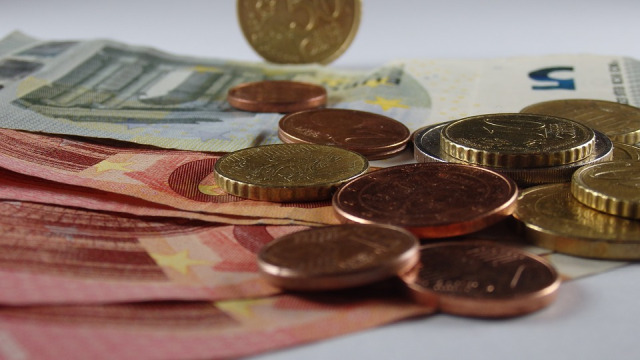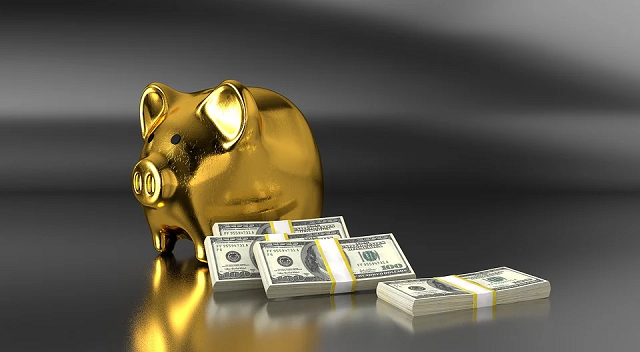The Bank of Israel has released its data for the Shekel to foreign currencies exchange rates for the second quarter of 2021. Here is a brief synopsis of the data.
The Exchange Rate
The strengthening of the Shekel in Q2 2021, and for the whole year thus far, was parallel with weakening of the U.S. dollar worldwide.
Will you offer us a hand? Every gift, regardless of size, fuels our future.
Your critical contribution enables us to maintain our independence from shareholders or wealthy owners, allowing us to keep up reporting without bias. It means we can continue to make Jewish Business News available to everyone.
You can support us for as little as $1 via PayPal at office@jewishbusinessnews.com.
Thank you.
During the course of the second quarter, the shekel strengthened by approximately 2.2 percent against the dollar, and by approximately 1 percent against the euro, further to the long-term trend.
The Dollar weakened in the second quarter against most major currencies.
A low Dollar, and a strong Shekel in general are actually bad for economic growth in Israel. It means that foreign investors get less for their money when investing in Israeli firms. So local startups, that change all those foreign monies into Shekels to spend locally, get less out of every Dollar, Euro and Pound raised.
This is also bad for tourism. Foreign tourists will get less for their money and see prices for hotels and other services go up in Dollars. So they will spend less in Israel, or worse, not come at all. And even with the high tech industry, Israel still depends on tourism for its economy.
The one advantage of the strong Shekel is for the Israeli consumer. It makes imports cheaper and helps to keep the prices down on just about everything for sale. But that, in turn, means more importation and more Israelis spending their money on trips abroad. Ordinarily, this would help offset the strong Shekel. Supply and demand would mean that more Shekels sold for hard currencies would help to weaken the Shekel. But this is not happening.
And as noted above, the Euro has also been down against the Shekel. So the economic issues facing the U.S. are not the only thing propping up the Shekel.
Exchange Rate Volatility
There was an overall decline in actual volatility and in implied volatility. The standard deviation of changes in the shekel/dollar exchange rate, which represents its actual volatility, declined during the quarter to an average level of 4.85 percent, similar to its average level at the end of 2020.
There was also a decline in volatility against most other currencies. This might be attributed to the continuing worldwide Coronavirus crisis causing low demands and, therefore, less activity.
The Activity of the Main Segments in the Foreign Exchange Market
An estimate of the activity of the main segments in the foreign exchange market indicates that during the course of the second quarter of 2021, most segments continued in accordance with the long term trend. Institutional investors (pension funds, provident funds, and insurance companies) had net sales of foreign exchange totaling about $11.1 billion and nonresidents sold about $5.8 billion, net, of foreign exchange. In contrast, the business sector returned to net purchases of foreign currency, totaling about $3.5 billion, following net sales in the previous quarter.





